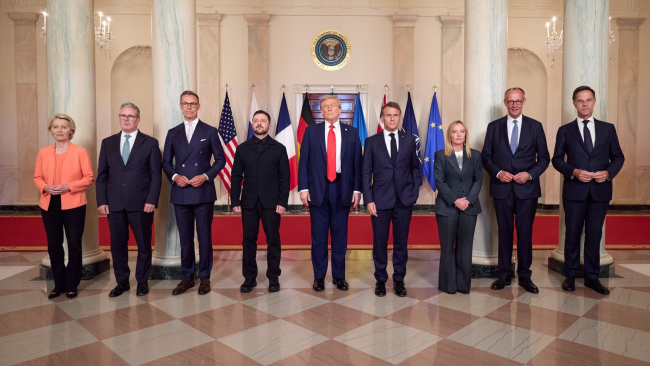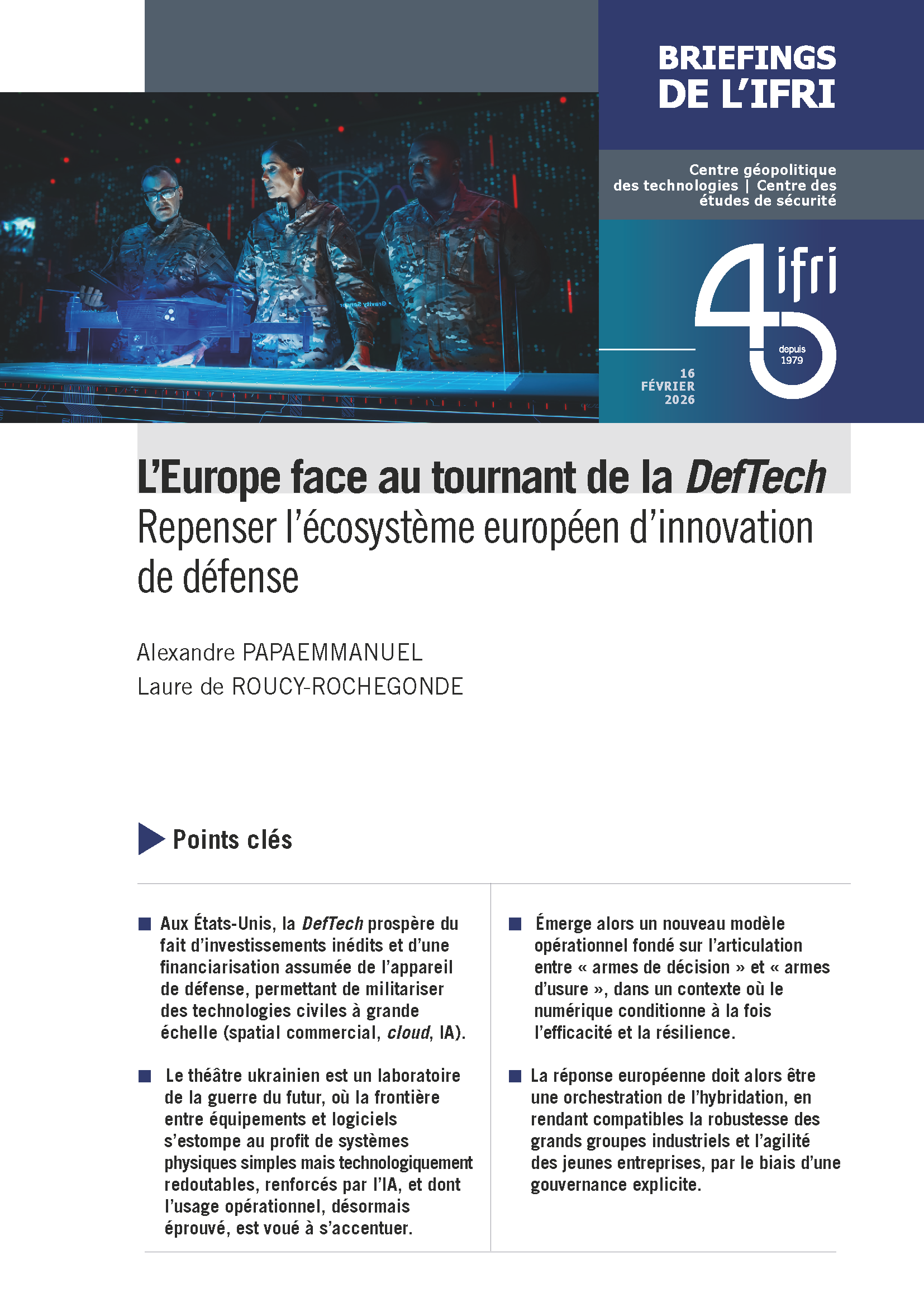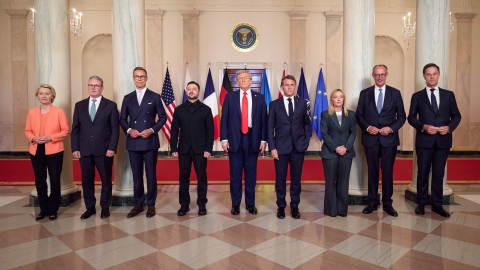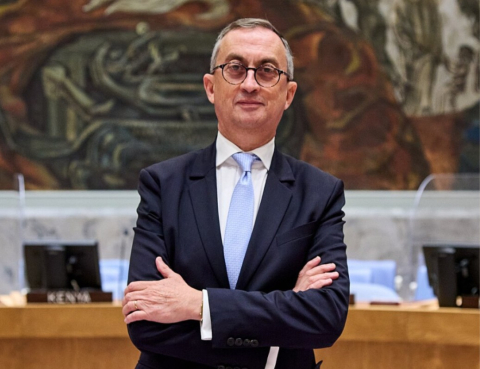
Informations pratiques
Thématiques et régions
Centres et programmes liés
Ceci est un événement réservé.
En savoir plus sur nos programmes de soutienDans le cadre de l'ifri Energy Breakfast Roundtable, un séminaire avec Sylvie Cornot-Gandolphe, économiste Energie, Brian Ricketts, secrétaire général, European Association for Coal and Lignite (Euracoal), et Mechthild Wörsdörfer, chef d'Unité, DG Energie, Commission Européenne.
Présidence : Maïté Jauréguy-Naudin, directeur du Centre Energie, Ifri, et de Jacques Lesourne, président du Comité scientifique du Centre Energie,Ifri.
The future of coal in Europe is very uncertain. On one hand, European coal industry is facing climate and regulatory measures that question the place of coal in the energy mix: decrease of state subsidies to coal production, ambitious emissions reductions targets, stricter environmental standards enforced by the directive on large combustion plants and difficulty to deploy CCS technologies at a commercial level. On another hand, power from coal in some member states remains very important. In Poland, 80% of the electricity comes from coal fired plants. Several coal plants are to be built in Germany especially, partly to fill the gap left by the phasing out of nuclear power, and coal prices are much lower than competing fuels, in particular compared to gas, making power from coal more advantageous than producing it from gas. Whereas energy cost and supply security concerns are increasing globally, will Europe reconsider the place of coal in the European energy mix? What factors will impact the coal supply and demand in Europe? What to expect with regard to the 3*20 European objectives? A Q&A session will follow a panel discussion fueled by presentations of three experts on these issues.
Sujets liés
Autres événements

Quelle politique de défense en Allemagne ?
Face à la guerre en Ukraine et à l’instabilité géopolitique en Europe dans un cadre transatlantique perturbé, l’Allemagne a amorcé un tournant majeur dans sa politique de défense, avec une hausse significative des dépenses militaires, la modernisation de la Bundeswehr et le débat sur un éventuel retour du service militaire obligatoire.

Quatre ans de guerre en Ukraine : verra-t-on la fin du conflit en 2026 ?
Un déjeuner débat autour de Tatiana Kastouéva-Jean, Directrice du Centre Russie/NEI, et Élie Tenenbaum, directeur du

Quel partenariat technologique avec l’Inde ?
Le 16ème Sommet UE-Inde, qui s’est tenu le 27 janvier à New Delhi en présence des dirigeants européens António Costa, Ursula von der Leyen, et du Premier ministre Narendra Modi, marque un tournant dans le renforcement des liens entre l'Union européenne et l'Inde. Parallèlement, les visites bilatérales se multiplient, à l’image de celle du Président français qui s’est rendu en Inde mi-février pour participer au Sommet sur l’Intelligence Artificielle.









